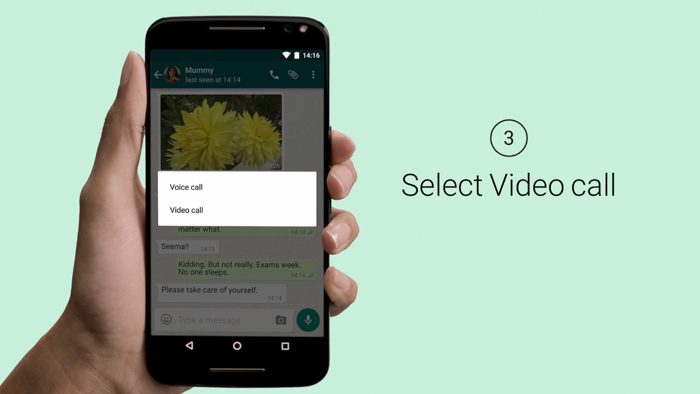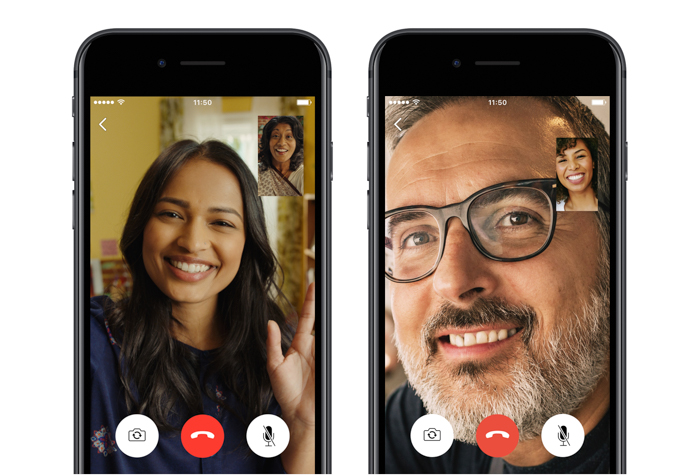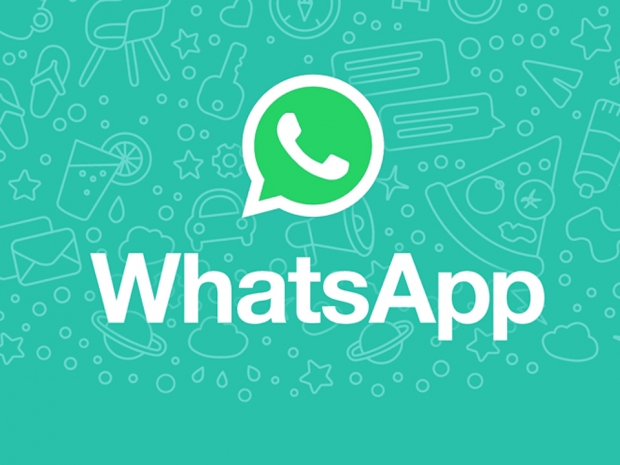To use the new feature, WhatsApp users simply hit the call button in the top right corner of a conversation to open a dialogue box asking to start a voice call or video call. The interface is more or less very similar to experiences on Skype and Facebook Messenger, with the important addition of end-to-end encryption, and recently, support for two-factor authentication in some beta versions. Sources are now suggesting that the next app release may be more security focused as the platform hopes to increase its rapidly expanding user base and differentiate itself from the rest of the competition.
Source: WhatsApp
The encrypted instant messaging service originally debuted in January 2010 by two former Yahoo employees who had been rejected from jobs at Facebook. Four years later, the startup was acquired by the social media giant for $19.3 billion and had reached around 500 million monthly active users. Since June 2016, the service has been handling over 100 million voice calls per day and has recently integrated support for two factor authentication for Android users.
Source: WhatsApp
Mobile video chat is a tradeoff between quality, platform size and security
The state of the mobile real time video chat market is currently at an intersection among notable clients like Apple’s FaceTime, Skype, Facebook Messenger, Viber, Line, and recently Google Duo (replacing Hangouts). Some reports comparing call quality, privacy management and app experiences have suggested that FaceTime and Duo have better quality than Messenger, while Viber and WhatsApp are probably the better choices for privacy by offering end-to-end encryption that cannot be intercepted by the host servers.
“We’re introducing this feature because we know that sometimes voice and text just aren’t enough,” says WhatsApp’s blog post introducing video chat. “There’s no substitute for watching your grandchild take her first steps, or seeing your daughter’s face while she’s studying abroad. And we want to make these features available to everyone, not just those who can afford the most expensive new phones or live in countries with the best cellular networks.”
End-to-end encryption an important privacy advantage
Although Messenger and WhatsApp are both Facebook owned services, the main differences are the sizes of the networks and the confidentiality and management of private data. Facebook is currently at 1.79 billion monthly active users and has become a preferred communication method for many outside of traditional voice calls and text messaging, while WhatsApp has expanded impressively to over one billion monthly active users and is now one of the most popular mobile apps to date.




